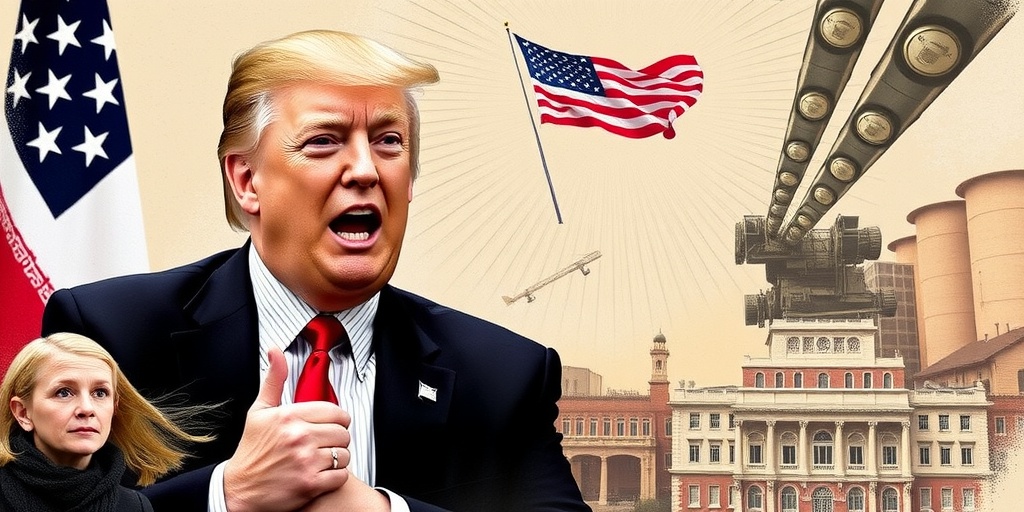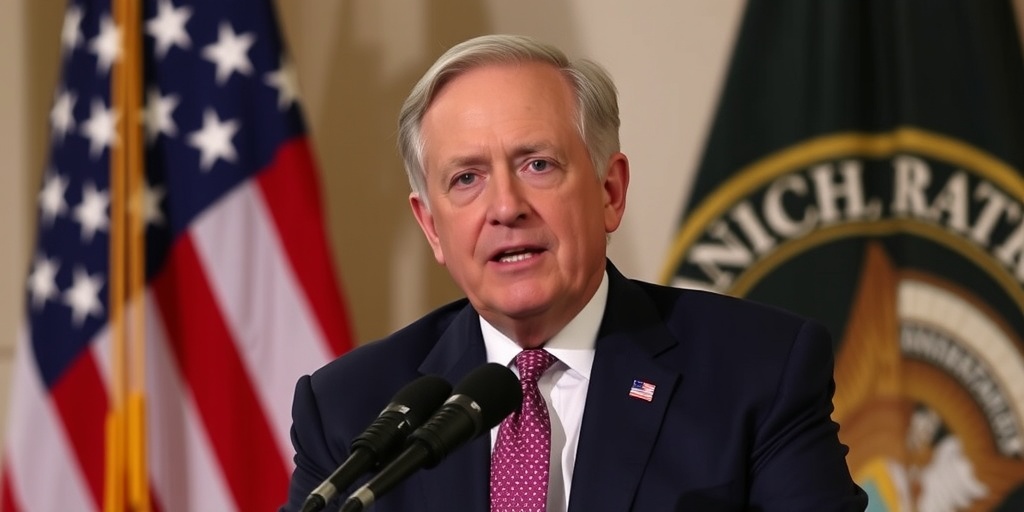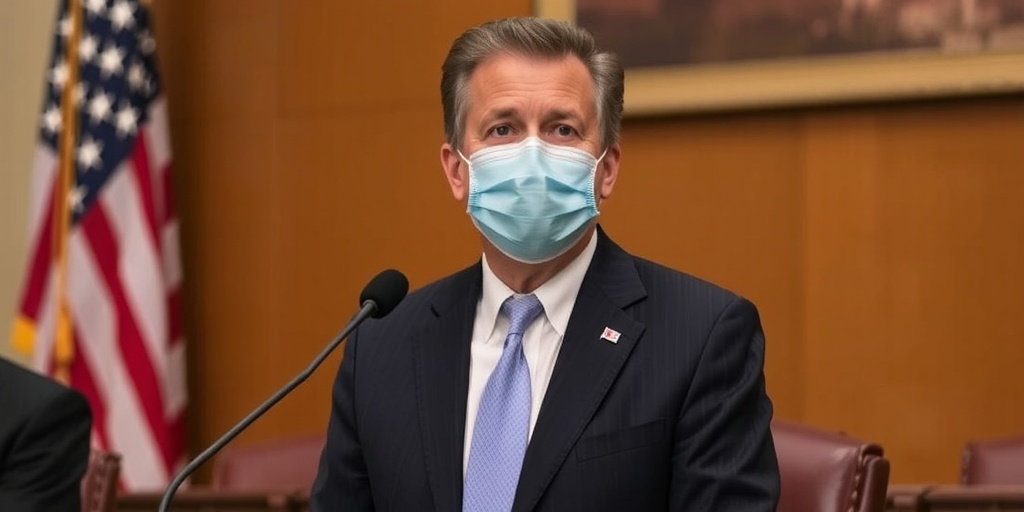Now Reading: Davos Gears Up for Political Showdown Amid Climate Crisis
-
01
Davos Gears Up for Political Showdown Amid Climate Crisis
Davos Gears Up for Political Showdown Amid Climate Crisis

As global leaders and top executives finalize their arrangements for the World Economic Forum (WEF) in Davos, Switzerland, the world is facing alarming events at home, particularly wildfires in Los Angeles. These intense fires have highlighted the mounting challenges posed by climate change and have reverberated through the financial markets. Images of the devastation in America’s second-largest city serve as a stark reminder of the urgent environmental issues at hand. Insurance companies are preparing for potential losses amounting to billions, while Hollywood faces production delays due to the wildfires, forcing cities worldwide to reconsider their own vulnerabilities in the face of such climate threats.
The approaching annual meeting in Davos will see leaders grappling with two pressing realities: a record-breaking increase in global temperatures and the return of Donald J. Trump as president of the United States. The past year was confirmed as the warmest in recorded history, with every one of the ten hottest years occurring within the last decade. As the WEF kicks off, it has identified extreme weather as one of the foremost global risks, setting the stage for critical discussions on how to adapt to a changing climate while contemplating economic and political stability.
Trump’s presence looms large over the forum, despite his scheduled virtual address rather than an in-person appearance. As Marc Benioff, CEO of Salesforce, aptly noted, discussions in Davos will predominantly revolve around the implications of Trump’s presidency for global dynamics. The impact of his policies on international alliances and the potential for trade wars due to his tariff threats add to the uncertainty looming over the global stage even before his inauguration.
Nevertheless, the implications of a second Trump administration for climate policy are expected to be explicit. Advocating for a rapid expansion of fossil fuel usage, including oil, gas, and coal, Trump has signaled his intention to reduce investments in clean energy that were prioritized under the previous administration. His announcement to withdraw from the Paris Climate Agreement—an international effort to curb global warming—has raised alarm among environmental advocates.
Experts express concern that a U.S. withdrawal from Paris and shifting away from climate commitments could significantly hinder global efforts. Jason Bordoff, founding director of the Center on Global Energy Policy at Columbia University, emphasized how critical U.S. engagement is for the rest of the world to enhance its climate ambitions. In contrast to last year’s subdued climate discourse at Davos, this year promises a resurgence of these discussions, albeit overshadowed by broader geopolitical concerns.
Former Vice President Al Gore, a perennial advocate for climate issues, shared his intention to keep climate prominently in the conversations at Davos. However, he acknowledged the struggle attendees will face in focusing solely on climate amidst various pressing issues, including artificial intelligence advancements and economic uncertainties related to China.
Gore and other environmental leaders foresee a flurry of executive orders related to environmental regulations on Trump’s initial day in office. In contrast, Benioff holds a more hopeful perspective, recalling past collaborations with Trump that yielded environmental initiatives such as a plan to plant a trillion trees. He is keen on encouraging Trump to engage in efforts to protect the oceans, which are currently experiencing alarming warm temperatures leading to coral bleaching.
While direct measures to cool the oceans may not be feasible, Benioff stresses the need for pollution reduction and marine conservation. He believes there is potential for bipartisan support around ocean protection efforts and hopes to find common ground with Trump for collaborative endeavors.
Despite the challenges and distractions presented by climate change, it remains imperative to address emissions resulting from fossil fuel usage, as scientists assert that only a significant reduction in these emissions can effectively combat global warming. Currently, fossil fuels dominate global energy production, and while renewable energy capacity is increasing, it has yet to lead to a decrease in overall emissions due to rising demand driven by technologies like artificial intelligence.
As the incoming Trump administration prepares to shape climate dialogues at Davos, there is cautious optimism that new policies might steer the U.S. toward clean energy solutions, potentially influencing global trends. Meanwhile, the European Union is committed to its energy transition even amid pressures from the ongoing war in Ukraine.
Despite China’s substantial coal consumption, it remains the largest installer and exporter of solar technology, maintaining its commitment to renewable energy. Benioff anticipates an improved U.S.-China relationship under Trump, which could facilitate cooperative advancements in climate initiatives.
Ultimately, experts warn that strong governmental policies will be essential for progress on climate goals. In recent years, corporate enthusiasm for environmental, social, and governance (ESG) standards has diminished amid political pressures, a shift closely associated with Trump’s influence. As Davos draws near, the prevailing sentiment appears to focus on artificial intelligence, with corporate leaders excited about its prospects for boosting productivity and efficiency in energy use.
The challenge will be balancing the energy needs driven by AI while remaining committed to a sustainable and renewable energy future. As the WEF begins, leaders will have to navigate these complex dynamics, balancing economic ambitions with the stark realities of climate change and its urgent demands.
Stay Informed With the Latest & Most Important News
Previous Post
Next Post
-
 01New technology breakthrough has everyone talking right now
01New technology breakthrough has everyone talking right now -
 02Unbelievable life hack everyone needs to try today
02Unbelievable life hack everyone needs to try today -
 03Fascinating discovery found buried deep beneath the ocean
03Fascinating discovery found buried deep beneath the ocean -
 04Man invents genius device that solves everyday problems
04Man invents genius device that solves everyday problems -
 05Shocking discovery that changes what we know forever
05Shocking discovery that changes what we know forever -
 06Internet goes wild over celebrity’s unexpected fashion choice
06Internet goes wild over celebrity’s unexpected fashion choice -
 07Rare animal sighting stuns scientists and wildlife lovers
07Rare animal sighting stuns scientists and wildlife lovers




















